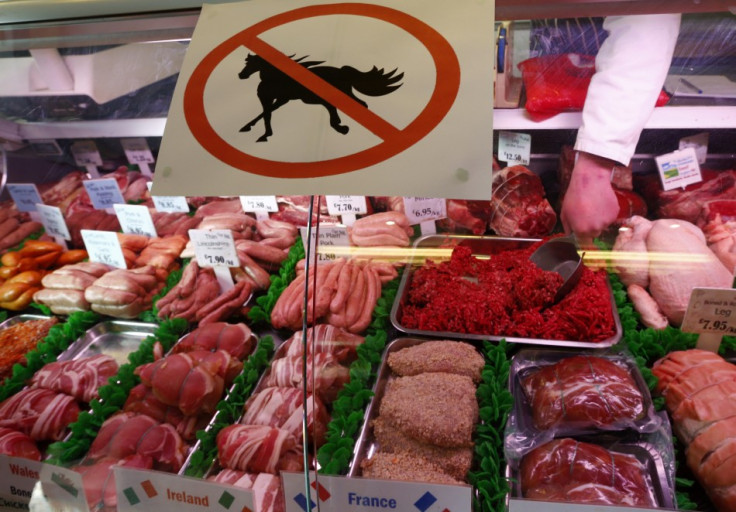From Rana Plaza Disaster to Horsemeat Scandal: Waking Up to Supply Chain Risk

The recent collapse of a Bangladesh clothing factory killed more than 1,000 people and it not only highlighted deplorable standards in construction, but also the welfare and treatment of garment workers.
Meanwhile, the European horse meat scandal rocked the convenience food industry and caused people the world over to lose trust in what they're eating.
Both incidents carry a tangible human cost and should serve as a wake-up call to consumers and businesses alike that it is essential to carry out closer audits of the supply chain to help prevent these global incidents from happening again.
Welfare and Reputational Risk
The primary concern is obviously the devastating impact on families in Bangladesh. However, there are also potential criminal ramifications and the reputational damage to the clothing and food industries has also had an impact on the bottom line - with share prices hit immediately for those retailers affected.
But businesses would be wise to remember that this type of vulnerability isn't limited to the food industries alone - many companies working in sectors like mining, oil and gas and construction are also at risk, and need to ensure their supply chains are fit for purpose.
It is imperative that a business can guarantee that its supply chain is safe and compliant.
Despite these stark warnings, recent research from Achilles suggests that one in five (18%) businesses hold no information about the tier two suppliers within their chain - those that provide services or products to the organisation's main suppliers.
Complex Supply Chains
Given the complexity of global supply chains, this is a highly concerning statistic which suggests many companies are leaving themselves open to similar issues.
To combat this, businesses in any sector need to have total visibility and control of their supply chains, including their tier two suppliers. First they need to understand who those suppliers are, by collecting and managing accurate data in terms of health and safety, compliance, CSR and ethics.
They should then map out their entire supply chain through all the tiers, and repeat this information-gathering process with all suppliers to proactively address potential issues and help avert disasters. By benchmarking all suppliers in a consistent way, buyers can weed out suppliers who do not conform to the strictest criteria in terms of performance, quality and CSR.
In our experience, this is most effective when industries adopt a collaborative approach and work with their competitors to standardise procurement criteria. Holding accurate information is not a competitive advantage - but it is clearly a significant disadvantage when things go wrong.
If required, businesses can see at a glance which locations are vulnerable to natural disasters or where they are reliant on the same suppliers to make contingency plans.
Lack of Supply Chain Collaboration
Lack of collaboration was one of the reasons the horse meat scandal was so difficult to contain.
Large supermarkets knew who was directly supplying to them, but had no visibility of who else the rogue subcontractor was providing horse meat to.
The same research found that nearly all of the businesses surveyed - 95% - consider 'a supplier failing to deliver' as one of the main risks they need to mitigate, yet only 16% hold the same level of information about tier two suppliers as tier one suppliers.
This clearly suggests a disconnect as businesses either feel that they won't be affected or don't know the best way to gather this data. However for many organisations, this problem is merely a ticking time bomb.
It is especially a concern in industries that place high importance on health and safety, like construction and mining, where human lives may be at risk.
Unfortunately supply chains can be complex.
However, businesses need to be able to confidently identify and mitigate any potential risks. Due to recent world events, burying your head in the sand is no longer a feasible option.
The repercussions of inaction are far too great and the time to act is now.
Adrian Chamberlain is the CEO at Achilles and has over 30 years' experience of implementing strategies and improvement programmes for global businesses across the telecommunications, retail, consulting and IT outsourcing industries.
© Copyright IBTimes 2025. All rights reserved.





















